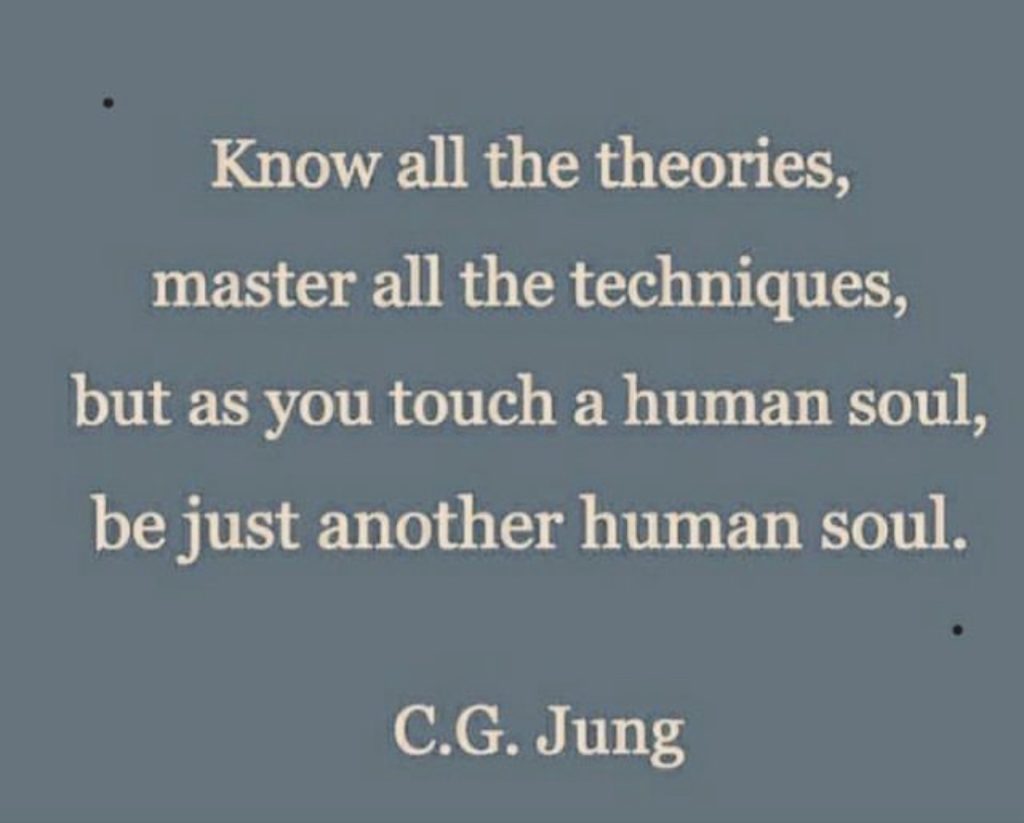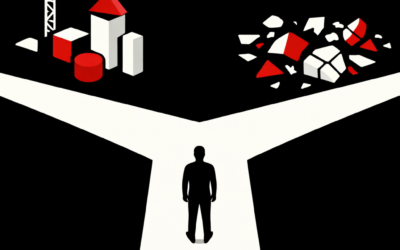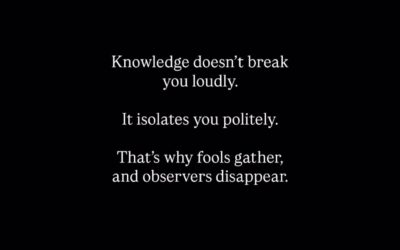As I sit here, watching Amanpour’s segment on CNN, on Gaza, I am trying to piece together my thoughts, I am overwhelmed by the harrowing images coming out of Gaza. This is a grave understatement. I am at a loss of words. Displaced children, their faces etched with shock and despair, wander through hospital corridors with nowhere to go. The devastation is not just physical but emotional, tearing apart the very fabric of their lives. Families are separated, lives are lost, and innocence is shattered. Many children are left disabled, even if they have survived.
How do we reconcile this reality with our daily lives? How do we continue our mundane activities when there is a direct or indirect connection to this suffering? It’s a question that haunts me, a question that makes me lose faith in humanity. Who are we, at the end of the day, if we can watch such horror unfold on our screens and still think about what’s for dinner, where to go this weekend, or where our next holiday will be?
This crisis forces us to confront a harsh truth: all the layers of how we identify ourselves—our nationalities, religions, and cultural affiliations—mean nothing in the face of such profound human suffering. At the core, we are all part of the same human race. If we cannot respect each other’s lives, if we can turn a blind eye to the agony of others, then we truly do not deserve the privileges we often take for granted.
The plight of Gaza’s children is a stark reminder of our shared humanity. These children, who should be playing and learning, are instead grappling with trauma and loss. Their suffering should not be distant background noise to our lives; it should be a call to action, a plea for empathy and compassion.
Our ability to be indifferent is perhaps the most damning indictment of our society. It is easy to feel helpless, to think that there is nothing we can do to change the situation. But apathy is not the answer. Each of us has a role to play, no matter how small, in making the world a more compassionate place. We can educate ourselves and others, raise awareness, support humanitarian efforts, and most importantly, refuse to be silent in the face of injustice.
As we navigate our daily lives, let us remember that our actions, no matter how insignificant they may seem, have the power to create ripples of change. We cannot afford to be passive observers. We must strive to be active participants in building a world where every child, no matter where they are, has the chance to live a life free from fear and suffering.
In the end, our humanity is measured not by our wealth or status, but by our ability to empathize and act in the face of suffering. Let us not fail these children by turning away. Let us find our common humanity and let it guide us towards a future where respect for life is paramount, and where the horrors of today become a distant memory, never to be repeated.
The situation in Gaza is a mirror reflecting the best and worst of humanity. It challenges us to look beyond our own lives and recognize the profound connection we have with every other human being on this planet. By embracing empathy and taking action, we can begin to restore faith in humanity and create a world where such suffering is not tolerated.
The children of Gaza are not just statistics; they are our children. Their pain is our pain, their future is our future. Let us not forget this as we move forward. Let us be the change they so desperately need.





0 Comments